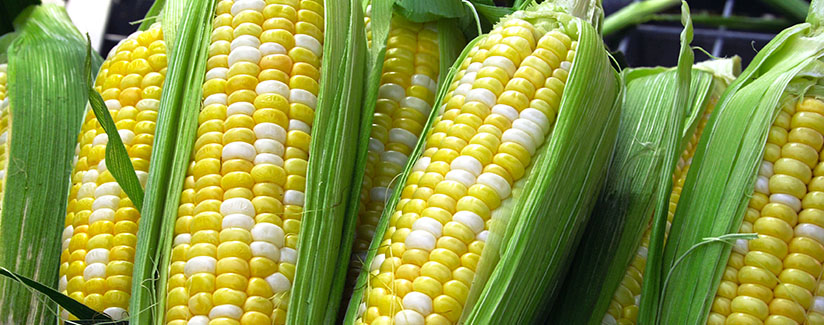
Why Doesn’t Your Body Digest Corn?
Why Doesn’t Your Body Digest Corn?
We recently published a post where we distinguished between the different types of corn as well as discussed the various health benefits of consuming corn. As a follow up, we received this question: if corn is good for you, how come your body does not digest it?
To accurately answer this question, we reached out to Dr. Joanne Slavin, a professor in the Department of Food Science and Nutrition at the University of Minnesota. Here’s what Dr. Slavin had to say about the way we digest corn:
Starch in corn can be less digestible if the corn is not ground up, either in food processing or the digestive tract. When sweet corn is consumed and not completely chewed, some will pass through the digestive tract and escape digestion and absorption. Resistant starch is considered similar to dietary fiber – and is under-consumed in the U.S. diet. So the lack of digestibility of corn would be considered a positive rather than a negative, generally.
Do you have a question about food? Submit your question here!
“two-color corn” by Rosana Prada is licensed under CC BY 2.0.


























